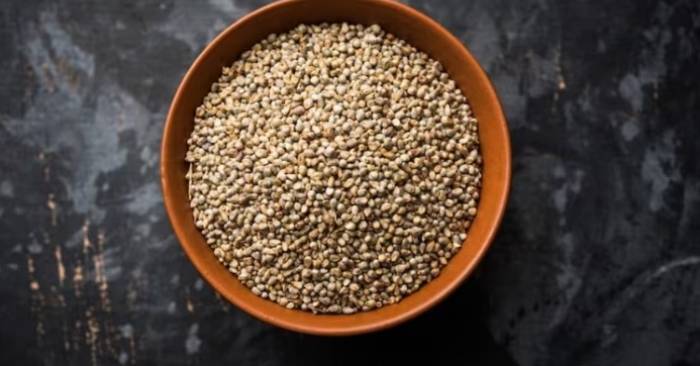Exploring the Health Benefits of Millets: A Nutritional Powerhouse

Millets have been a staple in our diets for thousands of years but somehow lost their prominence along the way. However, with the Government of India declaring 2023 as the “Year of the Millet,” these ancient grains are making a comeback, garnering attention for their remarkable health benefits. Millets, which are seeds of various grasses, are cultivated worldwide. They are not only easy to grow, requiring a short harvesting period, but they also enrich the soil and are highly efficient in water usage. Millets are gaining popularity due to their rich nutritional profile, and they are increasingly finding their way onto home and restaurant menus.
Let’s delve into some of the significant health advantages offered by millets:
Cardiovascular Disease Prevention:
- Millets are abundant sources of magnesium, which is linked to reduced blood pressure and stroke prevention.
- They are rich in potassium, acting as vasodilators to maintain normal blood pressure.
- Their high fiber content helps reduce LDL cholesterol and increase HDL cholesterol levels.
- Millets’ exceptional phytonutrient profile provides antioxidants that protect against heart diseases.
- Certain types of millets, like finger and prosso-millets, have shown the ability to lower triglycerides, a risk factor for cardiovascular disease.
Diabetes Management:
- Millets contain magnesium, which enhances the activity of glucose and insulin receptors, improving glucose metabolism.
- Their high fiber content slows down digestion, preventing post-meal sugar spikes and stabilizing blood sugar levels.
- Antioxidants in millets help control oxidative damage and reduce the risk of diabetes-related complications.
Gastrointestinal Health:
- Millets are rich in dietary fiber, promoting gut mobility and acting as a probiotic to support beneficial bacteria.
- Gluten-free millets are an excellent choice for individuals with celiac disease and can also benefit those without gluten intolerance by aiding gut comfort.
Cancer Prevention:
- Millets are a rich source of phenolic acids, tannins, and phytates, which have been associated with a reduced risk of colon and breast cancer in animal studies.
- The fiber in millets has been linked to preventing breast and esophageal cancer.
Detoxification:
- Whole millet grains contain nearly 50 compounds with strong antioxidant properties, neutralizing free radicals and aiding kidney and liver detoxification.
- Millets boast the highest antioxidant content among all grains, making them valuable additions to the diet.
Types of Millets to Incorporate:
- Sorghum/Jowar: Known for its slow-digesting starch, high fiber, and low glycemic index, aiding in blood sugar control and heart health.
- Pearl Millet/Bajra: Rich in minerals, antioxidants, and magnesium, beneficial for heart health, respiratory health, bone health, and weight management.
- Finger Millet/Ragi: Contains abundant polyphenolic compounds, making it a potent antioxidant, beneficial for diabetes management, and improving immune system health.
- Little Millet/Samai: Low in carbs, slow-digesting, aids blood sugar control, weight management, and gut health.
- Kodo Millet/Kodon: Gluten-free, high fiber, rich in minerals, and antioxidants, beneficial for weight control, diabetes management, and cardiovascular health.
- Foxtail Millet/Kangni: Gluten-free, versatile, protein-rich, iron-rich, and good for muscle health.
- Barnyard Millet/Sanwa: Easily digestible protein, essential for cell, hair, and skin health, and immune system support.
- Proso Millet/Barre: Rich in minerals, fiber, polyphenols, vitamins, and proteins, supports nerve health and has a low glycemic effect.






